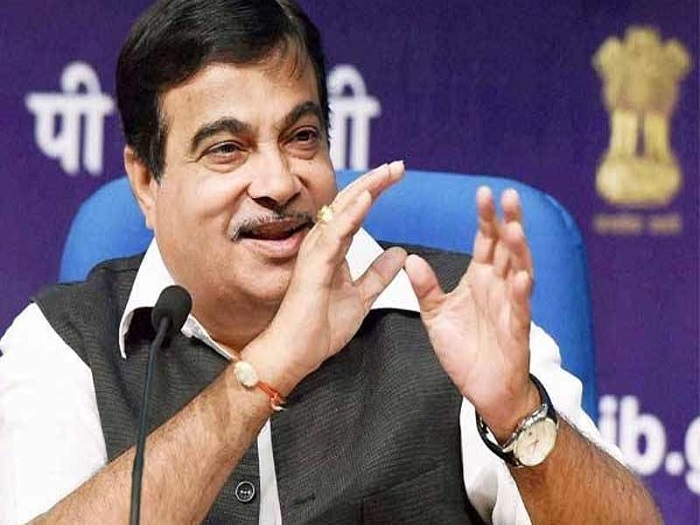Gadkari promises clean fuels and electric vehicles

New Delhi, Nov 22: Famous for his dashing initiatives the Union Surface Transport Minister Nitin Gadkari has promised to transform urban scenario miraculously by introducing clean fuels and electric vehicles in the next five years.
His remarks came at a time when the need for clean fuels and non-polluting vehicles is felt more prominently. More so, against the background of heavy smoke blanket that covered the Delhi-NCR and major parts of north India during the last fortnight.
Gadkari said that in the coming five years urban India is expected to undergo a ‘miraculous transformation’ following shifting to clean fuels and electric vehicles.
In an interview to television news channel the Minister predicted increased use of bio-fuels, electric, ethanol methanol, bio-diesel and bio-CNG to run the vehicles. This will reduce the imports and cut costs. It will be import substitute, pollution-free and indigenous. By introducing this we will be fulfilling the ‘Made in India, Make in India’ dream of Prime Minister, he said.
Stating that this was not an exaggeration, Gadkari was most confident about the success of this new plan in coming five years.
India needs to rethink on urban pollution caused by the growing number of vehicles and the carbon emission they emit. Until the last fortnight, Delhi-NCR and most parts of north India were engulfed under the thick blanket of smog and many people had to rush to hospitals to seek medication.
To counter it, the government brought forward emission norms, announcing that cleaner, Bharat Stage 6 quality fuels will be introduced in the National Capital Region from next year - two years ahead of schedule.
Gadkari also hinted at cost cutting of electric vehicles in the coming years so that the common consumer can be able to buy them. The cost of manufacturing Lithium Ion batteries that power electric motors is expected to come down drastically reducing the
Ten to 12 people in India are taking the initiative of producing lithium-ion batteries in India, which, he said, would result in a drastic drop in its imports.
The operating cost of such vehicles is also low as compared to traditional fuels. In Mumbai, the running cost of existing diesel buses is Rs.110 per km and in Nagpur, air-conditioned buses powered by ethanol cost Rs.78 a km. In contrast, the electric air-conditioned bus is available at Rs. 65 a km, he said.
Convinced that the prices are attractive enough to drive a nationwide change, Gadkari said there was no need for strict legislation. In this field, we do not need the stick, because the market-driven choice of the people will be to purchase electric cars and vehicles, he said.